

SOBREF Cooperative is a newly formed cooperative in Tunisia which was organised before as a limited company (Ltd.).
In the late 2001, the company SOBREF SARL was created. At that time, it was a prosperous embroidery company in the city of Mahdia, a town in the coastal region of Tunisia, well known for its long-standing experience in the textile industry. SOBREF became even the undisputed leader of the embroidery in Tunisia and overseas. To this success story contributed almost 150 employees – the majority of which was female.
In 2016, however, the company was about to fail, due to a lack of means, outdated machineries, and accumulated debts.
Most of the debts consisted of unpaid salaries to the employees. The employees went to court, and the court ruled in their favour. With the help of the local trade union, an agreement was reached between the workers and the former CEO: In order not to let the company fail, the debts were converted into equity and the workers became shareholders.
In order to restart the company operations and to obtain the necessary funds, the search for an appropriate legal form began. In hindsight, this started the company’s transformation from a limited company to a being constituted as a cooperative.
The main argument in favour of a cooperative was its sustainable form of governance.
Mahdia is the administrative governorate situated appr. 200 km south of the capital Tunis. The region is well known for its large and successful cooperative system, mainly in agriculture. To a limited extent, also industrial cooperatives can be found as well as some well-functioning synergies between the cooperatives and the private sector.
While detaining only 3.75% of agricultural cooperatives in the country, Mahdia contains 20,6% of all the cooperators in the country with the highest membership rate (593 members per cooperative vs. 105 as the national rate).
All these factors have contributed to the success of the transformation of SOBREF because the culture of cooperation had already strong roots. Consequently, only specific technical and financial support was needed to guide SOBREF’s transformation process.
From March 2018 to June 2022 the transformation process was enrolled jointly by the Tunisian General Labour Union, NEXUS (an Italian NGO), ACPP (a Spanish NGO), Soyons-Actifs and DGRV. With this support, the cooperative established a sustainable business model for its members (at least 65% women) who suffered financially until the reopening. The “new” cooperative now includes a kindergarten, a partnership with the municipality for a greener environment and a partnership with a university to ensure employability.
In Tunisia, the beginning of the flourishing of the textile industry dates back to 1972. It was based on a special legislation incentivizing companies from overseas to invest in Tunisia and to outsource their activities. The proximity to southern Europe as well as available and affordable labor encouraged investments in the sector.
With multi-fiber agreements coming to end in 2005, many local companies went bankrupt and the workers (80% of which are women) became unemployed.
In this context, the founding of cooperatives is a vital option to avoid being affected by unemployment. This also happened in the town of Ksibet El Mediouni (Monastir Governorate): supported by a Canadian and a Tunesian NGO, a group of about 50 women created their own cooperative after being licensed.
In the same town, there is another cooperative in the textile sector successfully operating since 1957. All these successes stories helped to reduce inequalities, to fight unemployment, and to ensure decent work mainly for women.
DGRV intends to support such good practice examples in the future, strengthening the Tunisian Cooperative Sector bottom-up.
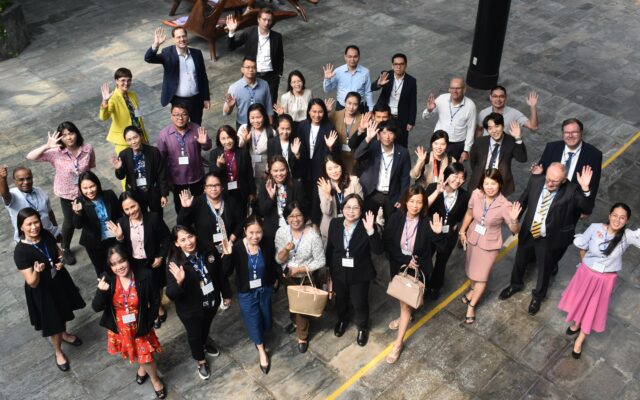
A new partnership between DGRV and the Cooperative Development Authority (CDA) in the Philippines is enhancing regulatory oversight and stability within the cooperative sector.
More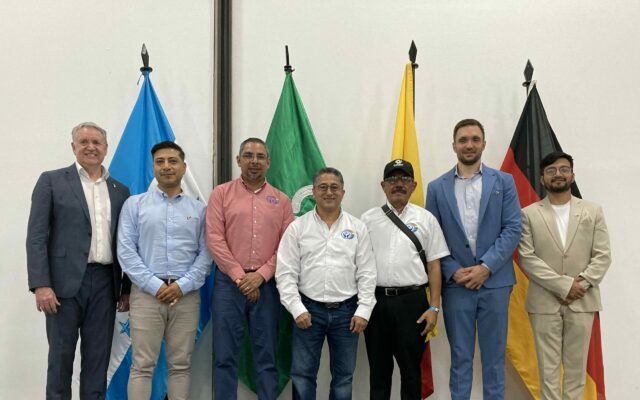
DGRV’s project in Honduras focuses on strengthening the cooperative financial sector, particularly in rural areas, and improving access to financial products and services. The initiative also aims to enhance resilience to climate change and promote the efficient use of natural resources, fostering sustainable and inclusive economic growth.
More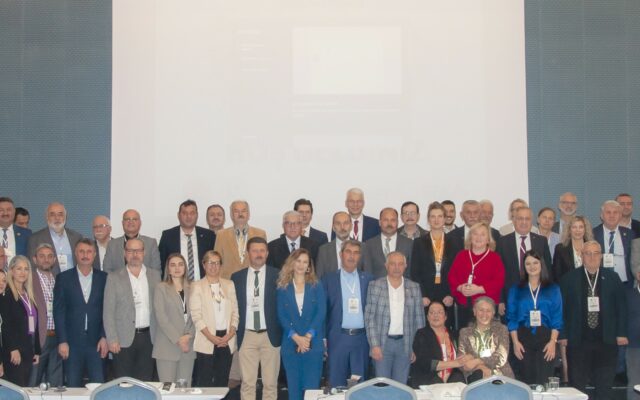
The 8-year long TAKBİ project within the framework of the Turkish and German association cooperation, revitalized Turkish agricultural cooperatives by surmounting challenges, elevating organizational structures, improving service quality, and fostering member satisfaction, leaving a lasting positive impact on the cooperative landscape in Turkey.
More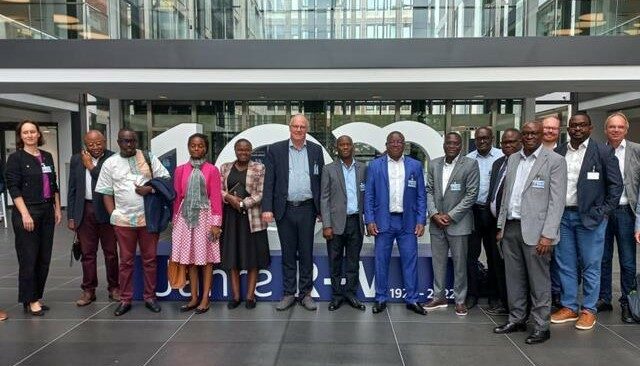
Financial experts from Benin, Cameroon, and Uganda embarked on a journey to Germany to explore the essence of cooperative principles, forging a vision for a resilient banking sector that transcends borders and fosters economic and social progress in African communities.
More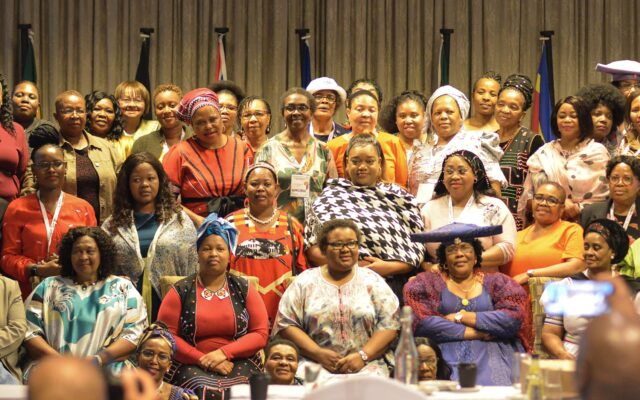
In an extraordinary gathering, female traditional leaders from Southern Africa converged to harmonize the concepts of Ubuntu and cooperative principles, setting a visionary path for community development.
More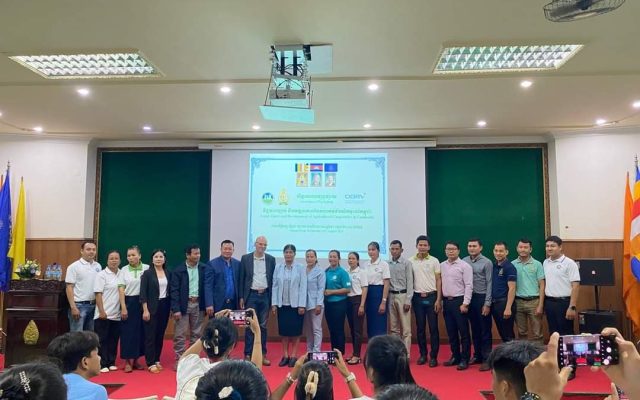
Empowering Cambodia's agricultural cooperatives through dynamic seminars: DGRV and AERD/RUA collaborate to drive leadership, professionalism, and sustainable growth.
More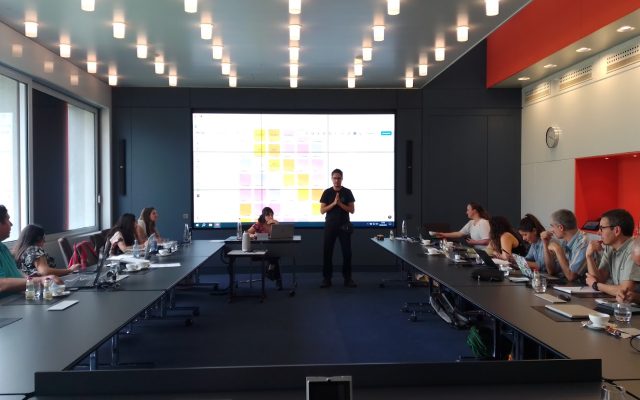
In June, eight Chilean organizations participated in an Exposure Visit to learn from the experience of Energy Cooperatives in Germany
More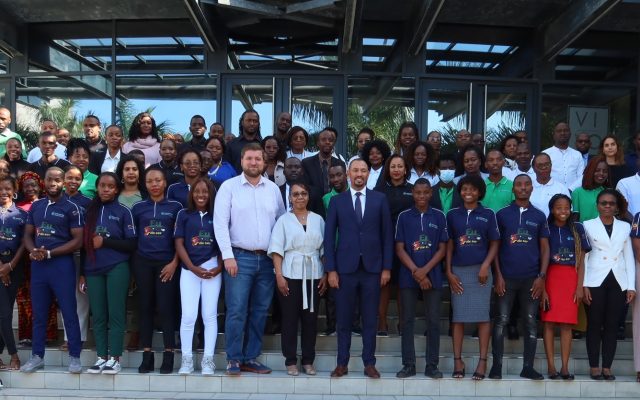
Empowering Mozambican youth through cooperative entrepreneurship to tackle unemployment and promote economic growth.
More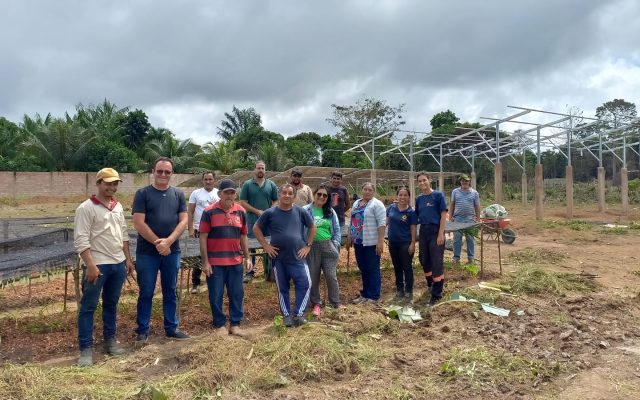
Helping the cooperative CCampo Alimentos to implement an Agrivoltaic pilot project in Brazil
More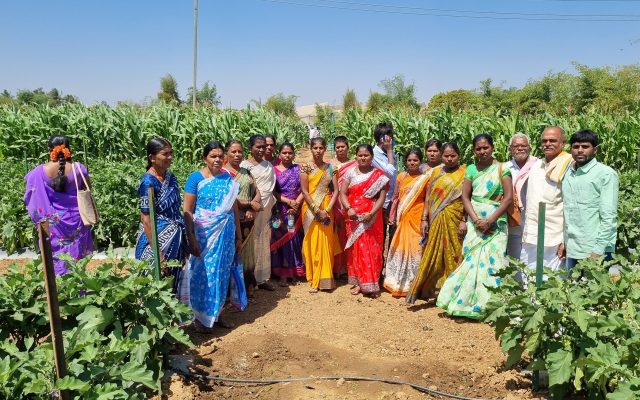
Adaptation measures to climate change in rural areas in India
More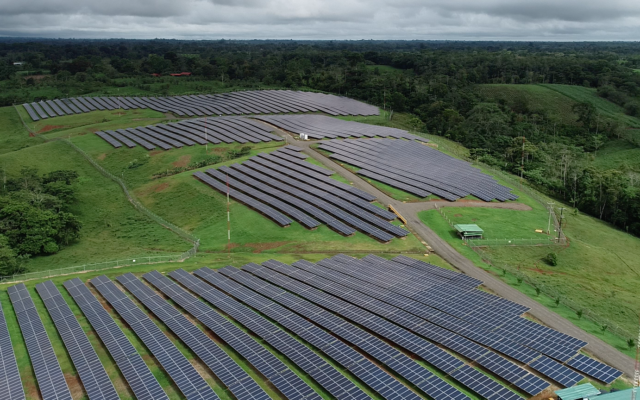
Renewable Energy in Costa Rica generated by cooperatives.
More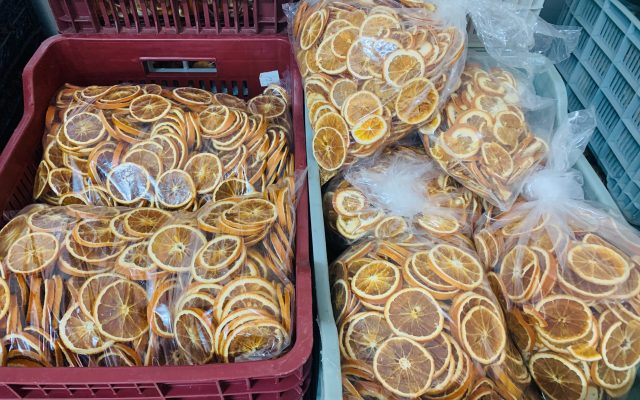
Food Processing with a Regional Federation
More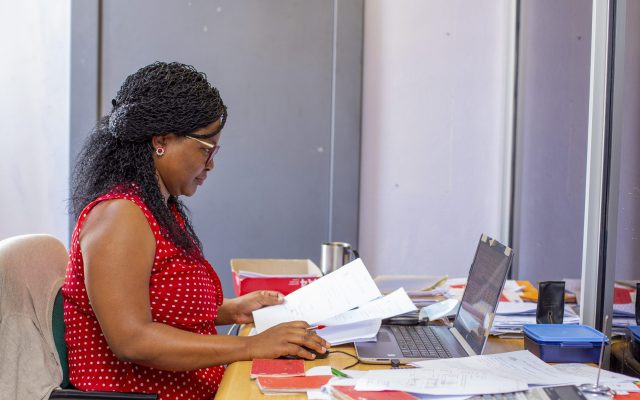
Digitisation of Primary Co-operatives in eSwatini
More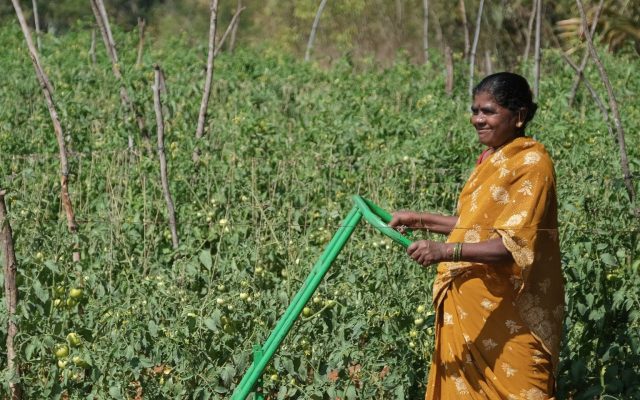
A central solution that enables members to make daily agricultural necessities available promptly and financially affordable
More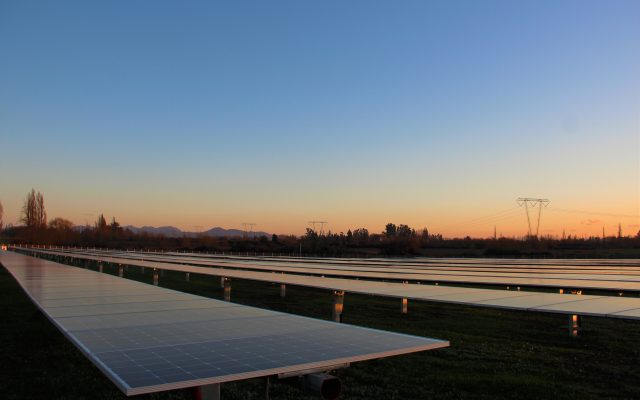
The creation of Community Distributed Generation Cooperatives in Chile.
More
Textile cooperative in Tunisia
More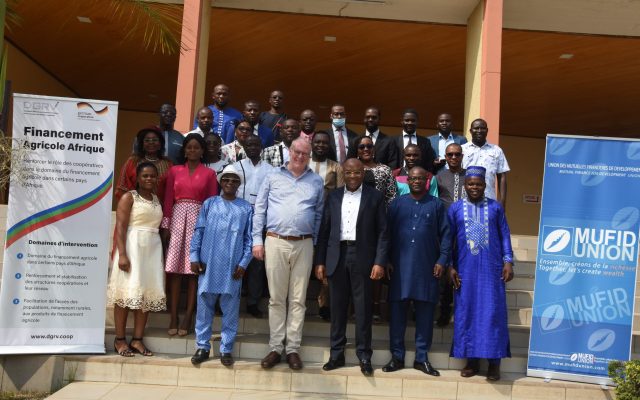
Facilitating access to quality agricultural finance products in Cameroon
More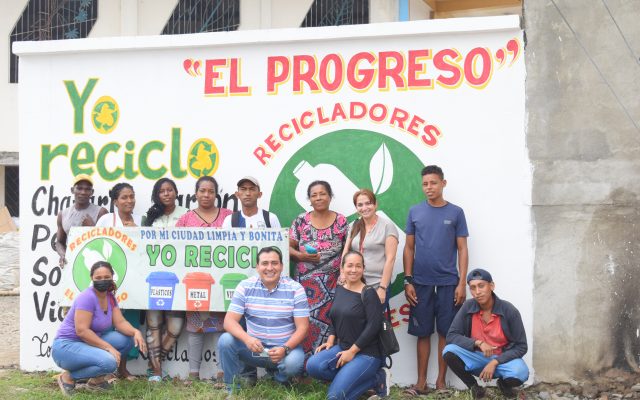
Generating business and commercial connections with the "Networks in Action" project
More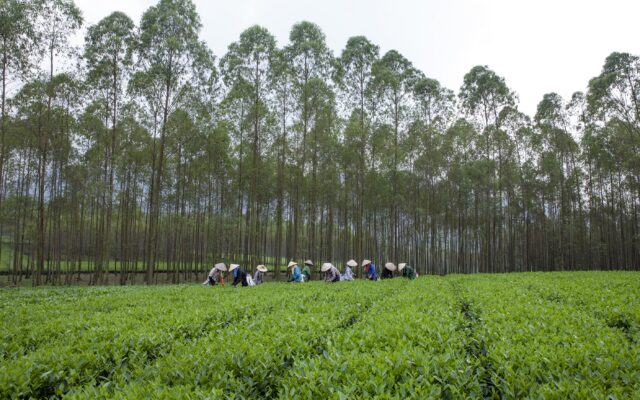
Mid- term courses for cooperative officials in Vietnam
More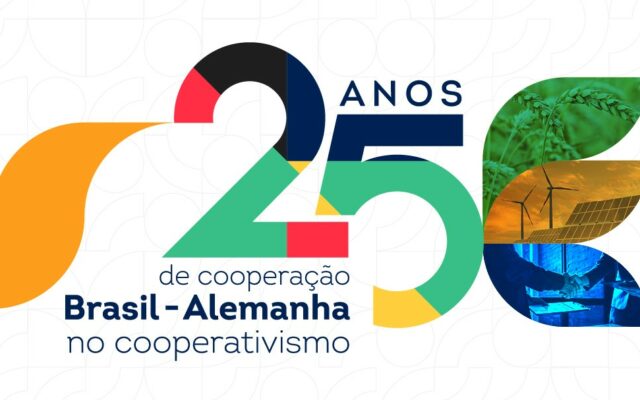
The collaboration between the Brazilian and German cooperative sector
More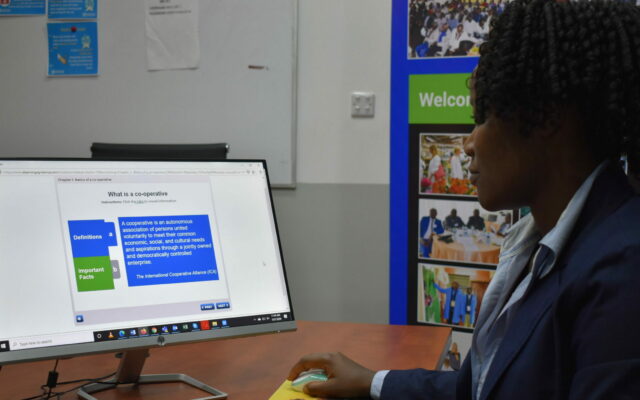
DGRV Kenya supports project partners on their way to adapt to “The new normal” in times of COVID-19
More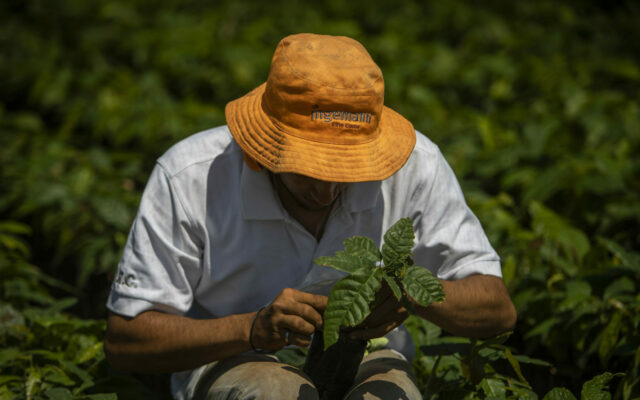
Pablo and his Potatoes
More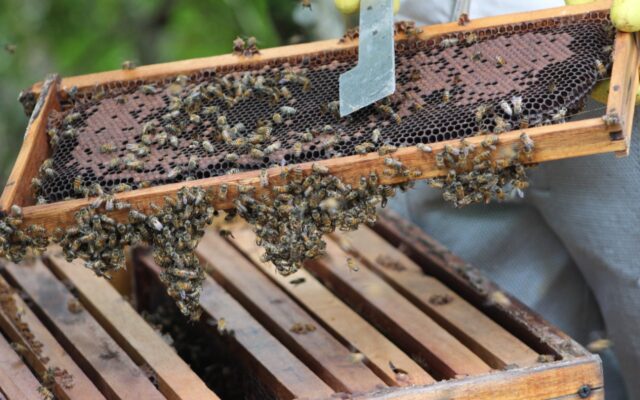
Strengthening small rural producer organizations in Colombia
More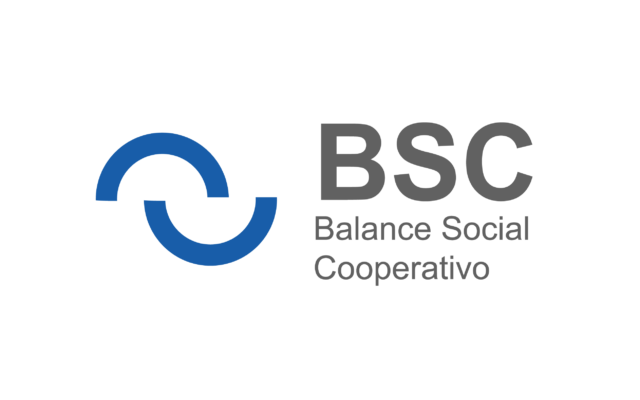
Cooperative Social Responsibility in Honduras
More